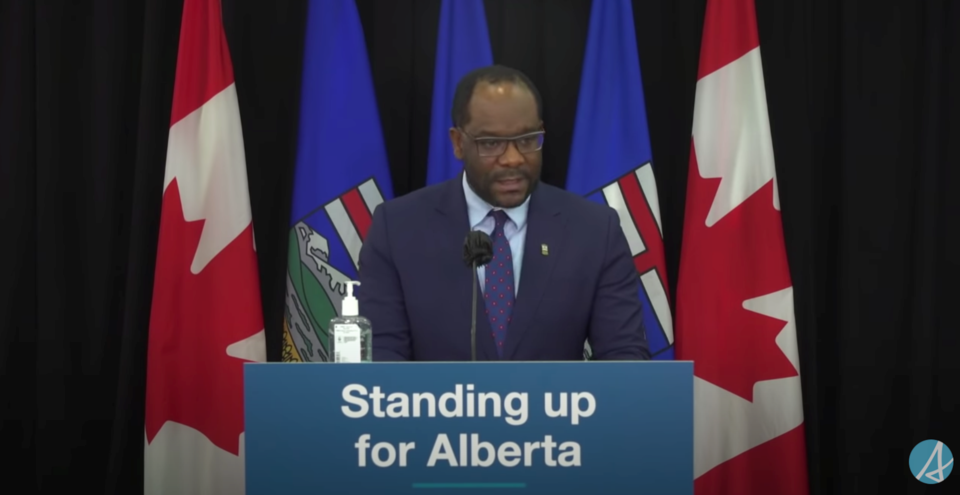St. Albert MLA Marie Renaud says she has concerns the bar is set too high when it comes to proposed legislation that would make it possible for voters to recall politicians.
“I think anytime you introduce mechanisms for voters to feel like they have more control over who represents them is a good thing. But when you dig into this act, I mean it's just sort of like a six-bedroom house with no furniture,” she said.
On March 15, the Alberta government tabled Bill 52 to allow Albertans to remove and replace elected officials, including members of the legislative assembly (MLAs), municipal councillors and school trustees during their term.
Some of the standards in the Act for the respective officials are similar. It must be 18 months since the last provincial, municipal or school board election, but also six months before the next election.
Other standards are slightly different. To remove an MLA, a person would have to apply and get approval from the chief electoral officer. They would then have 60 days to gather signatures from 40 per cent of eligible voters in their MLA's constituency. If they succeed, voters in the constituency would then have to vote to determine if the MLA should be recalled. If the vote determines the MLA should be recalled, a byelection would then be held to choose a new representative.
Renaud is skeptical about the requirements.
“I mean, 40 per cent of eligible voters is a pretty high target to meet for a petition, so chances of that happening are, you know, slim,” she said.
The legislation states a $500 fee is required to remove municipal and school board electees. The municipal chief administrative officer or the school board secretary would need to be notified. Petitioners would have 60 days to gather signatures from 40 per cent of the population of electors to remove a council member; they would have 120 days to gather signatures from 40 per cent of eligible school district/ward voters to remove a trustee.
Renaud said the differing requirements for MLAs is unfair.
“It's important to recognize that municipal politicians are far closer to the constituents. I mean they're right there – their issues are always focused on their constituents," she said.
St. Albert Mayor Cathy Heron declined to comment as she is still reviewing the legislation.
Minister of Justice and Solicitor General Kaycee Madu said this was a commitment the government made in its election platform.
In response to criticism about the different requirements between the provincial, municipal and school board levels, he noted they are structured differently, and they would have to restructure if they wanted to make the requirements similar.
"They did not want that. That would mean that we require the provincial government to rethink the current structure of municipalities and the school board trustee level and I don't think that's what they want,” he said.
In response to criticism about the bar being set too high, Madu said that is a fair criticisms; however, other jurisdictions from around the world use the same standards. He also doesn’t think it should be too easy to recall an elected official.
“(Albertans) need to be able to convince the people on policy, on politics, on vision, that this particular individual has lost the trust, or the confidence or (is) completely out of touch with their expectations or aspirations of their constituency, so it should not be easy, it should require hard work,” Madu explained.
Morinville-St. Albert MLA Dale Nally declined an interview and pointed a media request to Madu's office.
Read more from StAlbertToday.ca



